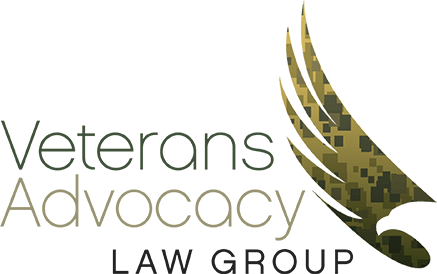When a service-disabled, veteran-owned small business (SDVoSB) or veteran-owned small business (VoSB) contractor wants to limit the U.S. Government's rights to use certain required-deliverable computer software (CS) and technical data (TD), the contractor must assert those limitations and provide the basis for the restrictions. This allows the Government to determine what rights it would have in specific CS/TD and decide whether to negotiate for additional or different rights. If the rights restriction assertions are in an acceptable form, they are incorporated into the contract as an attachment, but this does not necessarily mean the Government agrees with the validity of the assertions. The Government retains the right to challenge them later within a specific timeframe. Details on the challenge procedures will be covered in a forthcoming blog.
DFARS sets out the format for an assertions list in a Department of Defense (DoD) contract as follows:

If the SDVoSB or VoSB offeror or contractor asserts that any computer software (CS) or technical data (TD) will be delivered with "specifically negotiated license rights," it is required to submit the corresponding license agreement for review by the Government, which may either accept the terms or negotiate for alternative terms.
The SDVoSB or VoSB contractor has the discretion to determine the level (i.e.; component, sub-component, routine, sub-routine, system, or sub-system) at which it wishes to assert restrictions, provided that it can support its claims with appropriate documentation if required by the Government. To avoid inadvertently granting broader rights than intended and losing potential opportunities to negotiate licenses for additional or greater rights that the Government may require, the SDVoSB or VoSB contractor should choose the lowest practicable, segregable level at which it can provide documentation to substantiate the basis for its asserted rights. Specific identification of the CS/TD is crucial, as is selecting the appropriate level. Failure to do so may result in the loss of the right to restrict usage and opportunities to negotiate additional licenses (and corresponding royalties) for any extra rights required by the Government.
Suppose the SDVoSB or VoSB contractor asserts Limited Rights in TD for System X (i.e., at the system level), claiming it was developed solely at private expense. In that case, the Government may negotiate with the contractor for additional rights beyond Limited Rights in the TD, which may include paying royalties to the contractor. However, if the contractor cannot provide evidence that the entirety of System X (including all components, subcomponents, and/or subsystems) was developed exclusively at private expense, it risks losing its Limited Rights claim. For instance, if even one component of System X was developed using government funding, the SDVoSB or VoSB contractor's Limited Rights assertion would not hold up. As a result, the Government may end up with unlimited rights in the TD associated with the entire system.
If an SDVoSB or VoSB offeror fails to submit an assertion of restrictions on required deliverable TD/CS as a part of its offer in response to a solicitation, the SDVoSB or VoSB contractor must deliver the required deliverable with unlimited rights for the Government, as no assertions of restrictions equates to no restrictions. It is important to note that sometimes the Government may forget to attach the assertions list to the contract, so the SDVoSB or VoSB contractor should be vigilant in ensuring that the assertions list is included.
Post-award assertions can be submitted under limited circumstances outlined in the Defense Federal Acquisition Regulation Supplement (DFARS). However, the conditions for allowing such submissions are stringent. The contractor must provide substantial evidence that meets the additional conditions outlined in the regulations to convince the Contracting Officer or agency to accept the post-award assertions.
The prime contractor bears the responsibility of asserting the restrictions on CS/TD rights on behalf of itself and its subcontractors/suppliers. The SDVoSB or VoSB contractor and higher-tier subcontractors must refrain from exploiting their contract-awarding authority to gain CS/TD rights from their subcontractors/suppliers. Moreover, the SDVoSB or VoSB contractor cannot cite its obligation to acknowledge and safeguard the CS/TD rights of its subcontractors/suppliers as an excuse for failing to fulfill its contractual obligation to the Government. In case the SDVoSB or VoSB contractor is obliged to deliver a specific level of CS/TD rights to the Government, and those rights are owned by its subcontractor, the contractor must procure a license from the owner to permit the contractor to provide the required rights to the Government.
If you need assistance in safeguarding your CS/TD rights and/or creating Assertions of Restrictions for your CS/TD, contact us at Veterans Advocacy Law Group. Our team of attorneys specializing in Intellectual Property and Government Contracting will thoroughly evaluate your contract and provide guidance to ensure that your assertions are well-documented and based on sound grounds.


